PROTECT YOUR DNA WITH QUANTUM TECHNOLOGY
Orgo-Life the new way to the future Advertising by AdpathwayTwo types of pesticides exist: synthetic and organic. Organic (or biosourced) pesticides are taken from natural sources. They include things like sulfur, neem oil, and capsaicin. They’re naturally sourced, though they still have devastating effects on pests.
Synthetic pesticides are synthesized in a lab, hence their name. They typically have a long half-life, a term that refers to how long they linger in the environment. Glyphosate is a common synthetic herbicide, while DDT is an infamous old pesticide that’s no longer legal to use.
Nowadays, many growers swear by this secret spicy trick for garden pests that is organic and comes straight from the garden itself. It works well to deter mammals, insects, and other pests that target growing crops and wildflowers. Use it to keep animals out of your beds, but beware—it has some lasting effects!
Thai Hot Chile Pepper

Thai Hot Chile Pepper Seeds
Serrano Chile Pepper

Serrano Chile Pepper Seeds
Cayenne Blend Chile Pepper
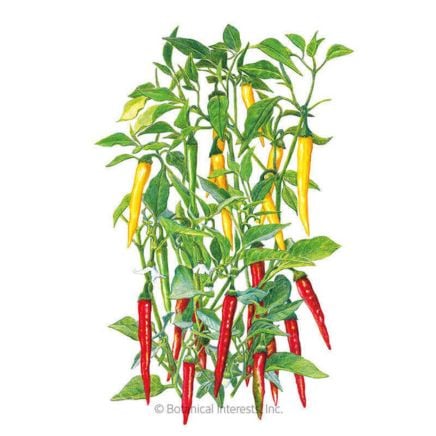
Cayenne Blend Chile Pepper Seeds
It’s Chili Powder!
That’s right, the spicy trick for garden pests is using chili powder! Whether it’s cayenne, bird pepper, or tabasco, a spicy chili powder is toxic to bears, dogs, cats, and squirrels, as well as bees, mites, and insects. Learn what it does, how to use it, and when to avoid it.
Why Does It Work
 Natural chemicals in peppers deter pests.
Natural chemicals in peppers deter pests. Chilis contain a natural chemical called capsaicin. It generates a spicy, burning effect because of how it interacts with our bodies. It doesn’t harm our skin, but it does interact with the mucousy parts of us, like our noses, mouths, and eyes.
It works in animals in a similar way, and it interacts with their stomachs. Too much will kill a small critter, like a bee or a mite. This is why it’s important to apply it carefully and in targeted ways.
Sprays, powders, and dusts all work similarly. Pests have an adverse reaction when they encounter any substance with capsaicin in it. Birds, however, are not affected by the chemical. They can eat hot pepper seeds without experiencing adverse reactions.
What It Protects Against
 Pepper dust keeps mammals and pets away from your garden beds.
Pepper dust keeps mammals and pets away from your garden beds. Spicy pepper dust protects the garden against mammals, insects, and mites. It kills spiders and bees, too, as it’s indiscriminate in its targeting. Careful applications are necessary to avoid damaging the garden in the long run.
One common application of capsaicin is in pepper spray. This protectant keeps bears, unleashed dogs, and attackers away. It’s a concentrated stream of capsaicin, and it’s incredibly effective.
In the garden, pepper dust works to keep other people’s pets out of your garden beds. Powders and sprays also damage insect pests. You’ll find capsaicin as a common ingredient in organic sprays with peppermint and garlic oils.
How to Use It
 Sprinkle the dust or make your own spray.
Sprinkle the dust or make your own spray. Sprinkle chili powders all over the soil of the garden beds you’d like to protect. Rains will wash the powder away, and you’ll have to reapply if it gets wet. Avoid using powders on flowers, as it’ll harm bees that visit them.
For mite or insect pest infestations, use a capsaicin spray to cover the leaves and stems. Spray in the early morning or afternoon when pollinators aren’t frequenting the garden, and avoid spraying blooms and flower buds.
Be careful when spraying, as capsaicin can hurt you if it enters your body. Pesticides have a heavy concentration of the active ingredient, and they’ll cause burning in your eyes, nose, and mouth. Wear gloves, use face protection, and follow the pesticide’s instructions for proper application rates.
When Not to Use It
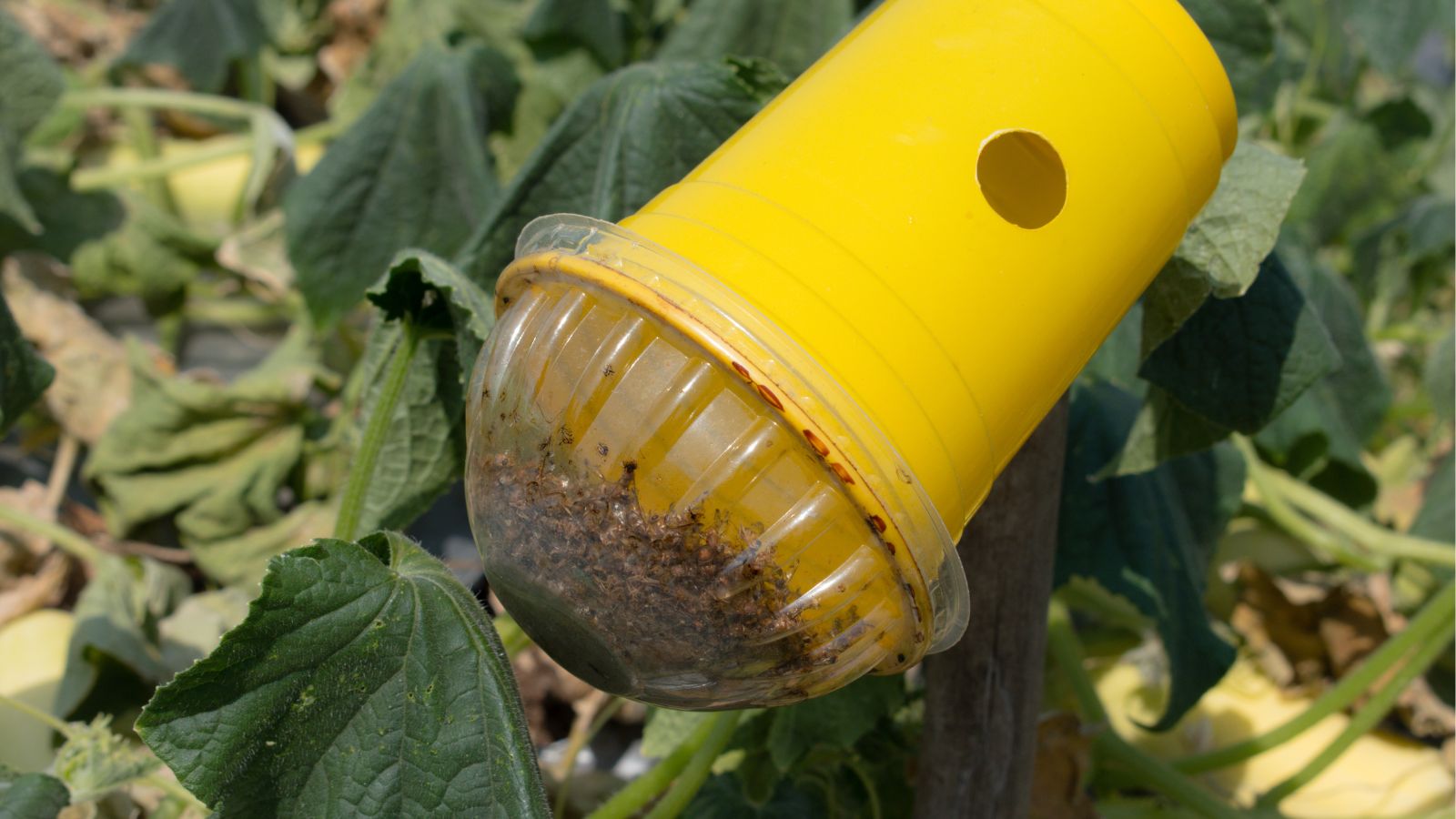 Be careful where you use chilli powder and how much you use.
Be careful where you use chilli powder and how much you use. Think of the animals you’ll affect by using powder. If you have pets or wildlife that frequent your yard, it may be best to use an alternative pesticide. Or, consider avoiding pesticides altogether and try integrated pest management, or IPM for short.
If you have pet dogs in your yard, think of what’ll happen when they encounter the powder. Capsaicin causes them to wheeze and tear up. It’ll damage their eyes, nose, ears, and mouths. It’ll also harm cats, deer, and squirrels.
This spicy trick for garden pests may work in certain situations, depending on the condition of the garden. A pepper spray works well to control mites or aphids on houseplants, though it may not be the best choice for the outdoors. Powder will keep mammals and insects out of soil, but it’ll keep good insects and bad ones away.
What to Do Instead
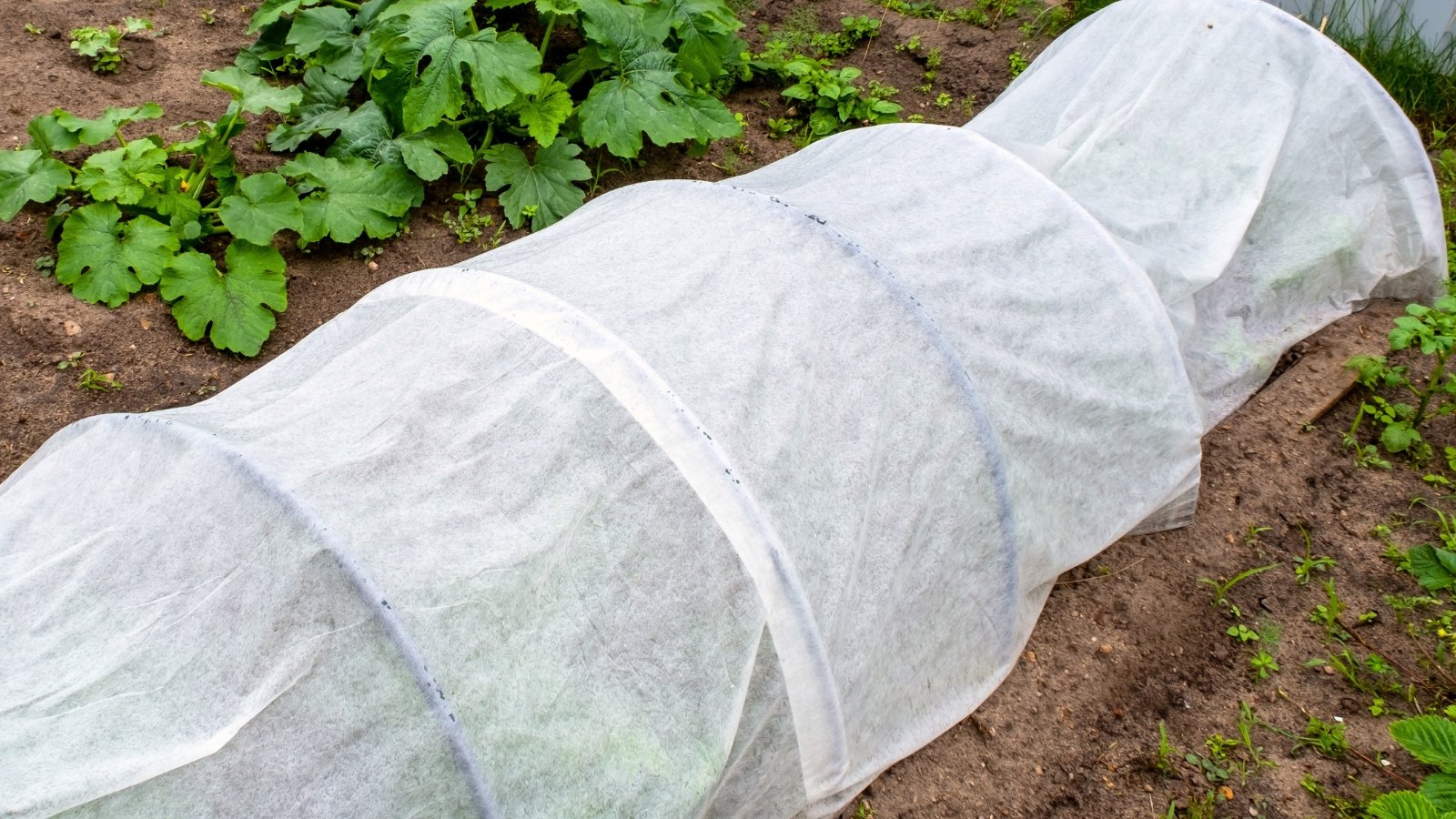 There are other methods you can use to deter pests.
There are other methods you can use to deter pests. Instead of using spicy powder, consider using prevention tactics and mechanical controls to reduce pest pressures. Hose off pests from crops with a strong stream of water. Do so daily until the garden is pest-free.
Row cover works well to keep moths and flying pests away at night. Cover the plants at night, then remove the cover during the day.
Traps are another option. Set up beer traps for slugs and snails. Trap earwigs with a wooden board. Simply lay it down for a day, then pick it up in the morning or afternoon to find the earwigs underneath.
As you can see, there are many clever ways to tackle garden pests without using pesticides. Though capsaicin is an organic chemical, it is a pesticide that affects the garden. Use it carefully and sparingly to tackle small, infrequent infestations.
Key Takeaways
- The spicy trick for garden pests is using chili powder, a natural substance that contains capsaicin.
- Capsaicin is a chemical that harms insects, mammals, and mites. It disrupts insects’ nervous systems, and it irritates mammals’ fleshy parts, like their noses and mouths.
- Try preventing pests first, then encourage natural predators to the garden to do the work for you. Plant more native plants, grow more flowers, and spray fewer pesticides and herbicides.
- Instead of using spicy pepper powder, consider hosing off pests and using mechanical controls.
Frequently Asked Questions
Yes, it will, though it’ll harm their eyes and noses. It’ll also prevent dogs, deer, and squirrels from burrowing in the garden beds.
No, it won’t. Pepper plants use this chemical as a natural protectant, and it harms animals, not plants.
Flakes are less effective. Turn them into dust by blending them in a food processor or spice grinder.


 2 days ago
14
2 days ago
14
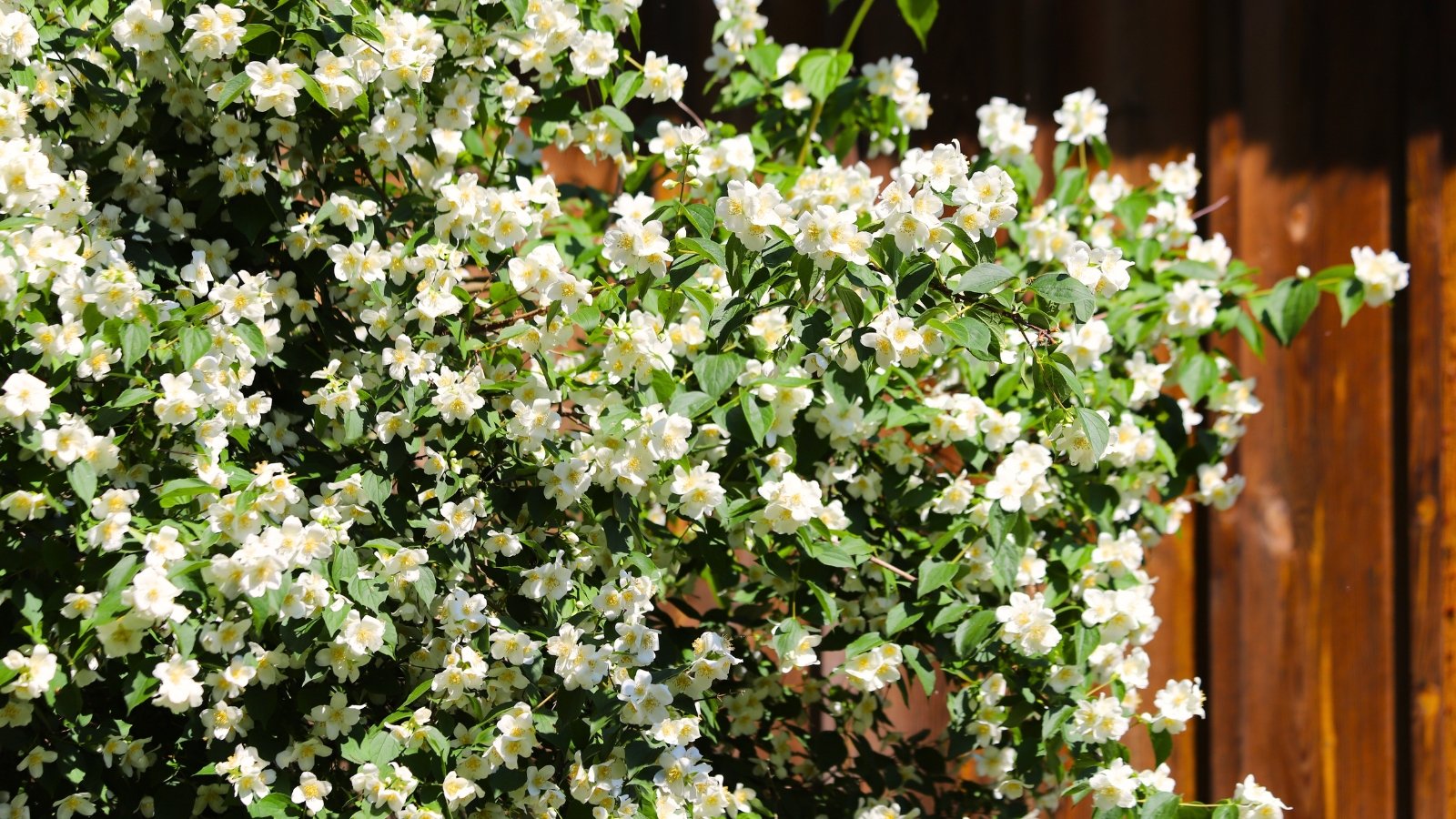

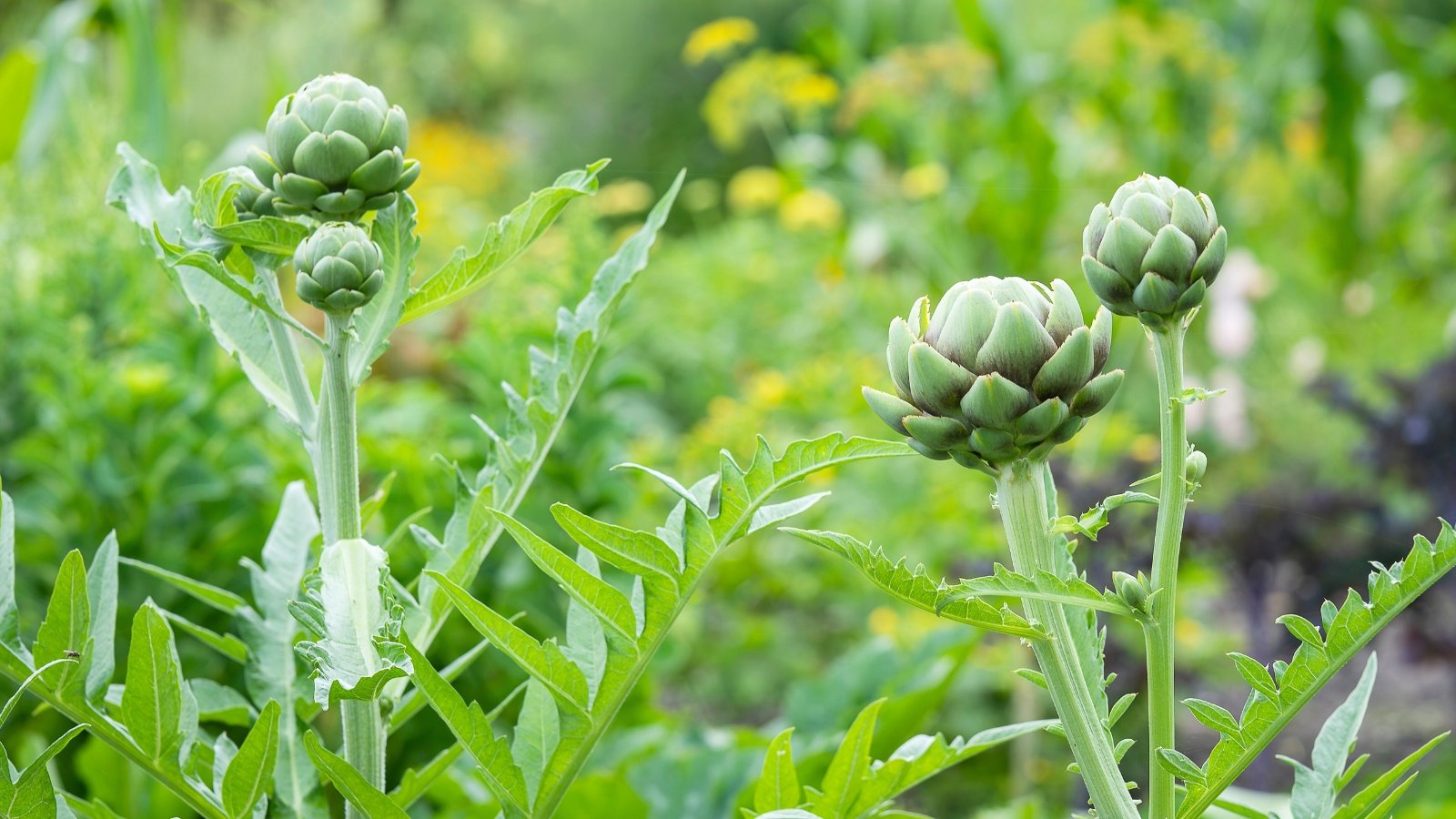

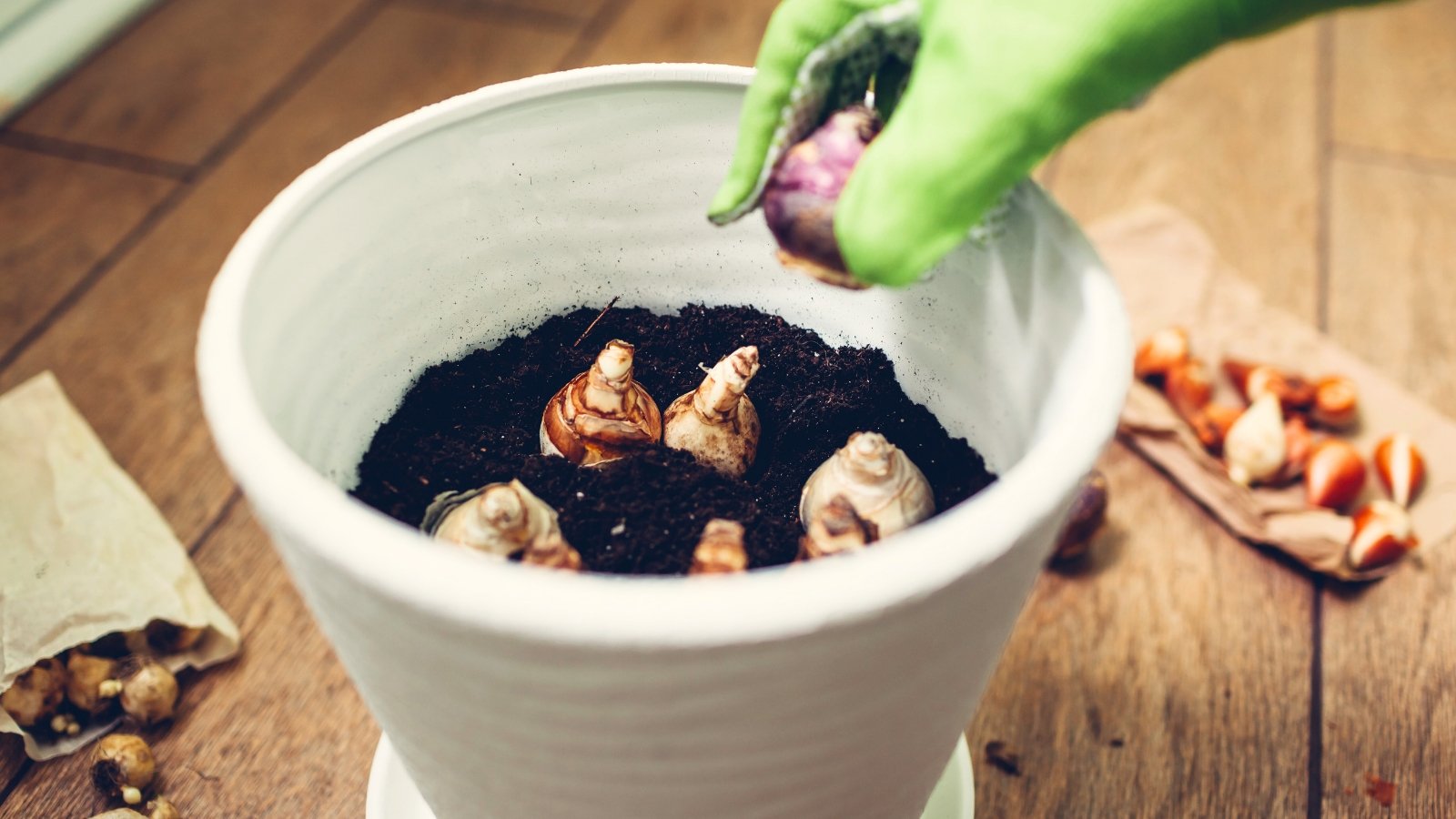
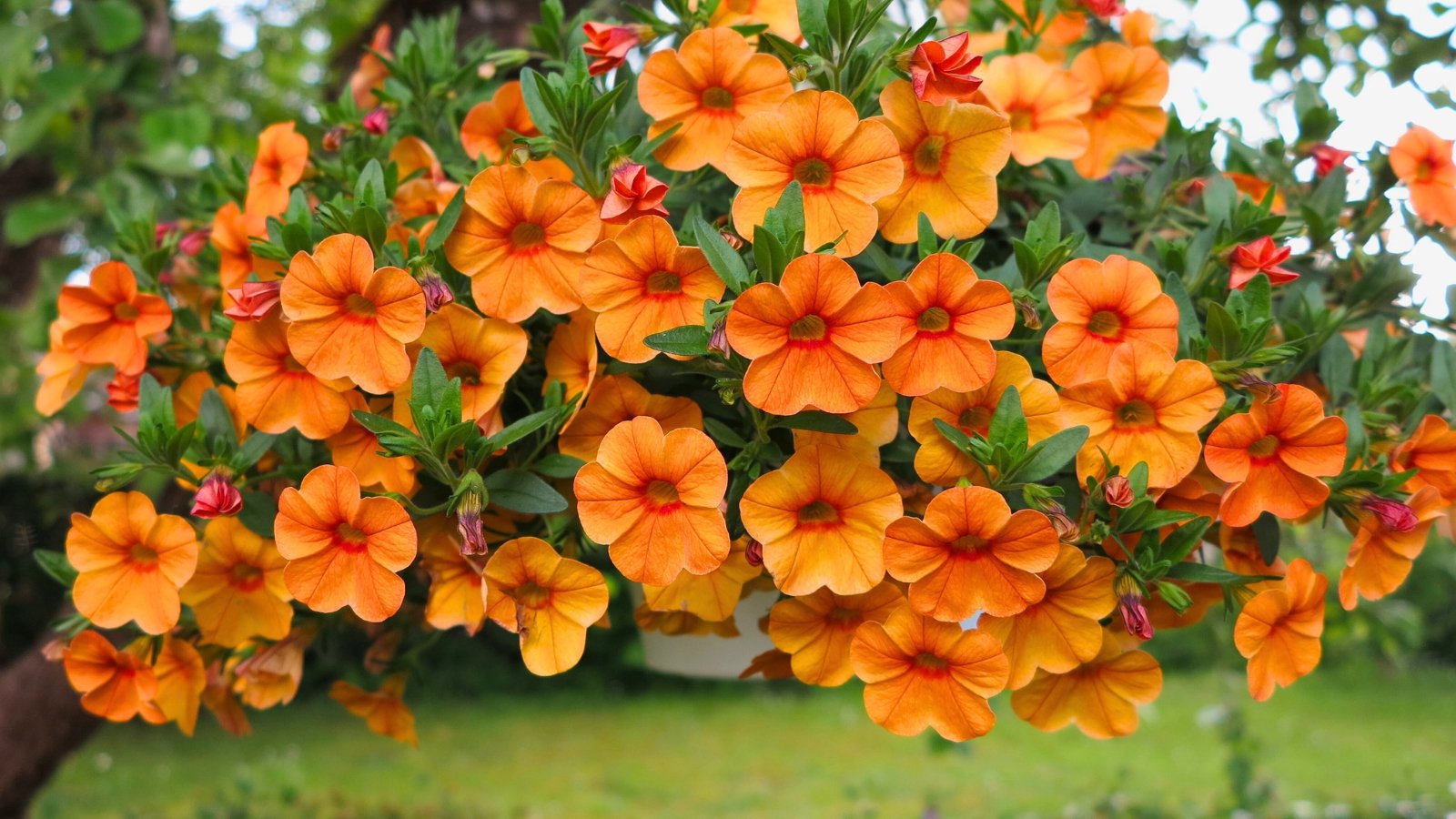
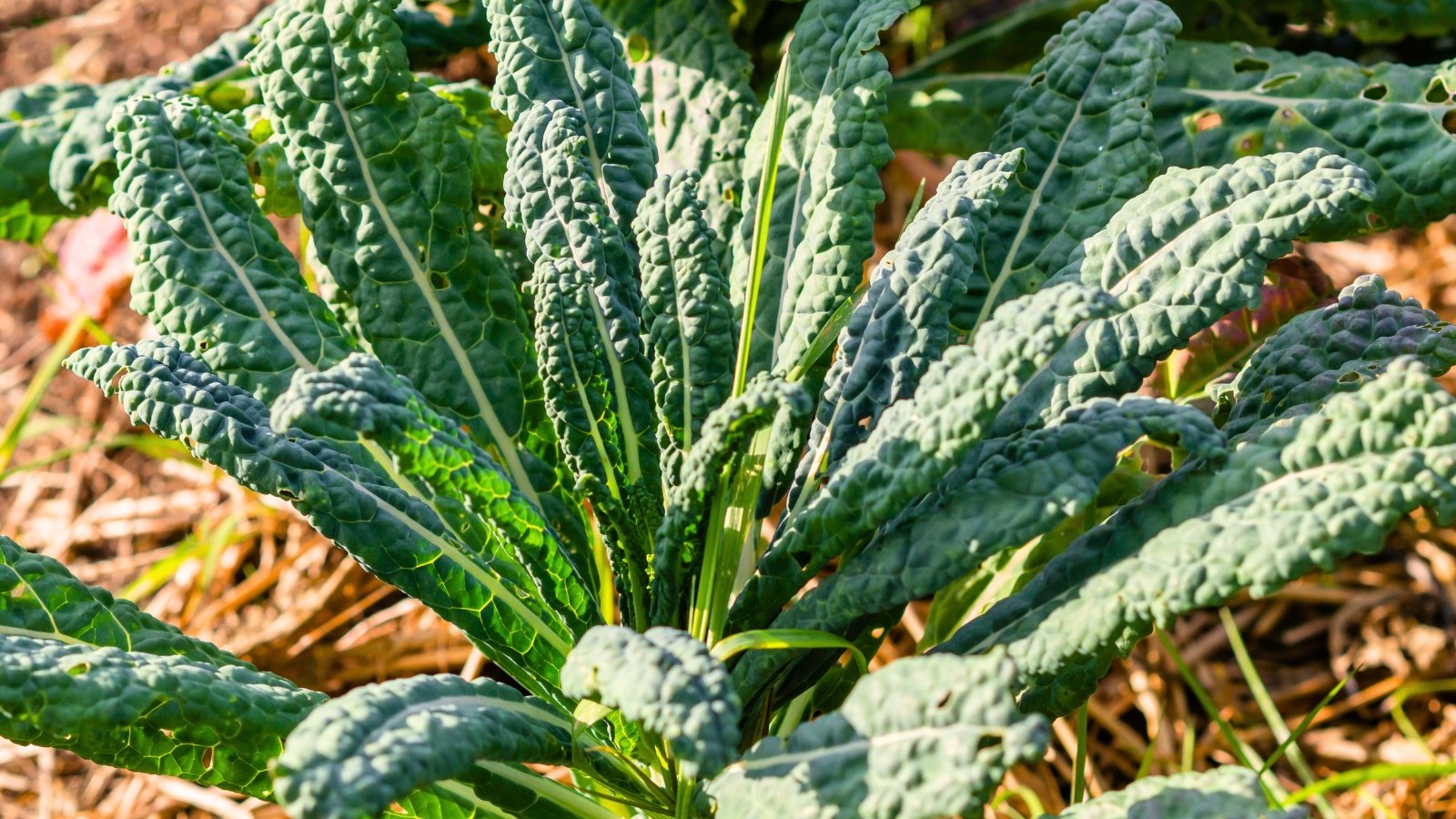














 English (US) ·
English (US) ·  French (CA) ·
French (CA) ·